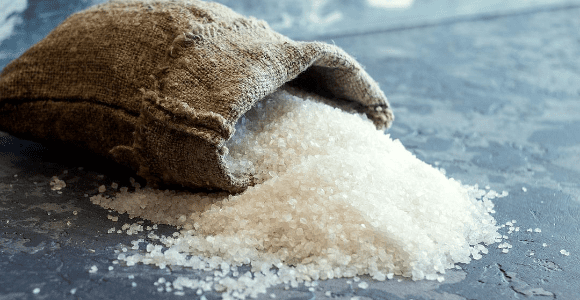Welcome readers! Please subscribe through the buttons on the right if you enjoy this post.
(Read this series from its beginning here.)

The Hebrew prophets had many more pointed things to say about societal justice. For Amos, justice would roll down like a river:
“I hate, I despise your religious festivals;
your assemblies are a stench to me.
Even though you bring me burnt offerings and grain offerings,
I will not accept them.
Though you bring choice fellowship offerings,
I will have no regard for them.
Away with the noise of your songs!
I will not listen to the music of your harps.
But let justice roll on like a river,
righteousness like a never-failing stream! (Amos 5:24)
And for Ezekiel, the Dead Sea would become a place bearing fruit that would heal the nations:
“He said to me, ‘This water flows toward the eastern region and goes down into the Arabah, where it enters the Dead Sea. When it empties into the sea, the salty water there becomes fresh. Swarms of living creatures will live wherever the river flows. There will be large numbers of fish, because this water flows there and makes the salt water fresh; so where the river flows everything will live. Fishermen will stand along the shore; from En Gedi to En Eglaim there will be places for spreading nets. The fish will be of many kinds—like the fish of the Mediterranean Sea. But the swamps and marshes will not become fresh; they will be left for salt. Fruit trees of all kinds will grow on both banks of the river. Their leaves will not wither, nor will their fruit fail. Every month they will bear fruit, because the water from the sanctuary flows to them. Their fruit will serve for food and their leaves for healing.’” (Ezekiel 47:8-12)
The material things we need to thrive would flow to each of us in distributively just ways. A society of death and death-dealing would become life-giving.
Abraham Heschel wrote of the prophets’ hope: “What saved the prophets from despair was their messianic vision and the idea of man’s capacity for repentance… History is not a blind alley, and guilt is not an abyss. There is always a way that leads out of guilt . . . The prophet is a person who, living in dismay, has the power to transcend his dismay. Over all the darkness of experience hovers the vision of a different day” (Between God and Man, p. 240).
Not only does this definition fit Jesus and how he related to marginalized people in his own society, but we are called to do the same.
We can make this world give way to a more life-giving one. We can change our systems. The Jesus of the gospels isn’t a priest, or ruler, or member of the community’s elite. He emerges in the story on the margins of his society as a prophet of the poor, marginalized, oppressed, and excluded. What does this mean for us as Jesus followers today?
We’ll discuss that next.













